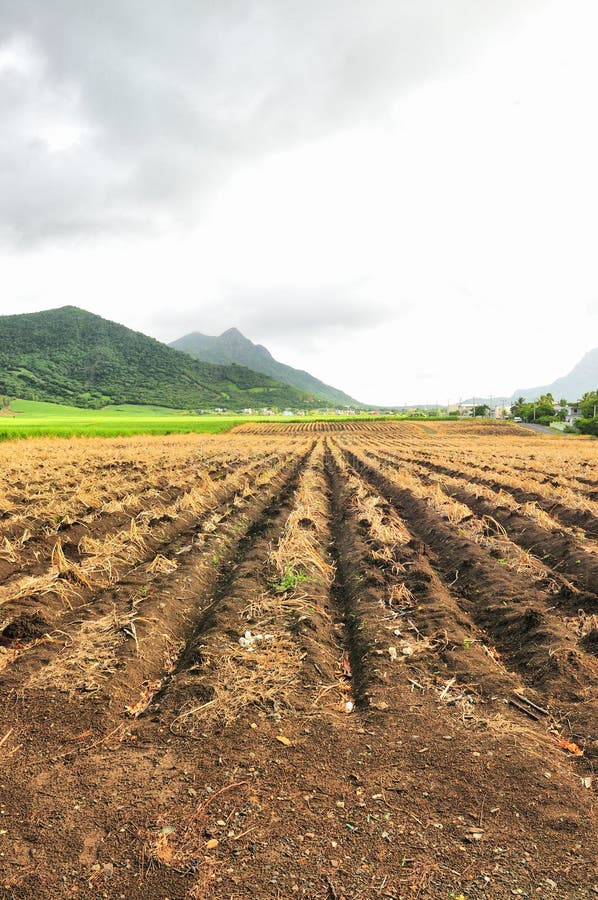A Fusion of Tech and Heritage in Land Measurement
Within the current accelerated world, the convergence of technology and tradition is increasingly apparent in several areas, such as land surveys. As we delve into the realm of property development, it's important to appreciate the foundational role that land surveys play. Ranging from determining click for source to enabling real estate transactions, comprehending the intricacies of land surveys is essential for everyone involved in property dealings.
This guide will examine the myriad aspects of land surveys, from their importance in safeguarding property investments to the technological advancements that are revolutionizing the industry. Whether you are a seasoned developer, a first-time homebuyer, or just curious about the land beneath your feet, this comprehensive overview will prepare you with the knowledge needed to navigate the complexities of land surveying successfully.

Significance of Land Surveys in Real Estate Development
Property surveys play a crucial role in property development by offering detailed information about a parcel of land. They define property lines, pinpoint landscape characteristics, and identify potential access rights and encroachments. This data is essential for developers as it affects design decisions, zoning compliance, and environmental assessments. Without a definitive understanding of the land's features, developers may face expensive errors that can delay developments or lead to legal disputes.
Furthermore, land surveys are critical for securing permits and approvals from local authorities. Agencies often require comprehensive surveys to ensure that development adheres with zoning laws, environmental laws, and building codes. By integrating land surveys early in the planning process, developers can streamline the approval process and reduce the chance of complications that could arise during construction. This proactive approach can ultimately preserve hours and money in the project timeline.
Additionally, the information provided by land surveys helps in creating accurate project financial plans. Having knowledge of the exact measurements and characteristics of the land facilitates better estimation of building expenses, material needs, and potential infrastructure needs. This level of planning not only aids in financial management but also enhances the overall feasibility of the development, ensuring that financial investments are secure and maximized.
Deciding a Appropriate Land Surveyor
Choosing a qualified land surveyor is vital to ensuring accurate & trustworthy survey results. Start by investigating surveyors in your area, reviewing their qualifications, and verifying their licenses. It's beneficial to find experts affiliated with respected organizations, as affiliation can indicate a commitment to professional norms. Additionally, reviewing feedback and customer experiences can provide perspective into their standing and trustworthiness.
Once you have a selection, it's important to speak with potential surveyors to gauge their background and expertise. Inquire about their specialized experience with the kind of survey you need, whether it’s for homes, business sites, or boundary disputes. A good surveyor will be happy to clarify their process, timelines, and any potential challenges you may encounter during the survey. This dialogue can help you figure out if they are the right fit for your needs.
Finally, consider the cost of services but keep in mind that the cheapest option may not provide the best value. Ask for detailed estimates from multiple surveyors and comprehend what is included in each quote. Quality land surveying is an asset that can safeguard your property and save you from expensive disputes in the long run, so focus on quality and reliability over saving money.
The impact of technology on Impact on Modern Survey Practices
Incorporating of tech into surveying land has been transformed the sector, permitting land surveyors to achieve greater accuracy and effectiveness. Advanced equipment such as global positioning system, drones, and three-dimensional laser scanning are transforming old practices, allowing for precise data capturing that were once hard to achieve. Unmanned aerial vehicles, in specific, enable to inspect extensive lands quickly, gathering detailed images and information that assist in developing detailed topographical maps. Such technological advancements not just simplify the surveying procedure but also reduce the duration needed for finishing projects.
In further enhancing time efficiency and precision, technical advancements have improved the method survey data is analyzed and displayed. Geographic Information Systems currently are essential part in keeping and analyzing survey information, permitting land surveyors to represent data in a more engaging and easy-to-understand manner. Clients can gain clearer insights into the results of the survey outcomes through user-friendly interfaces and digital maps, which help in making decisions related to land development and planning. This enhanced visualization facilitates for all stakeholders to grasp complex data and spot potential issues early in the process.
In the future, the future of land surveying is poised for further adoption of innovative technologies such as AI and machine learning. find more information can aid surveyors in predicting future land use conflicts and enhancing survey methods based on historical data patterns. As technology continues to evolve, it will not only enhance the excellence and efficiency of land surveys but also broaden the potential for precisely assessing the impacts on the environment and ensuring eco-friendly development. Thus, adopting tech advances is necessary for the continued relevance and success of land surveying in today's rapidly evolving context.